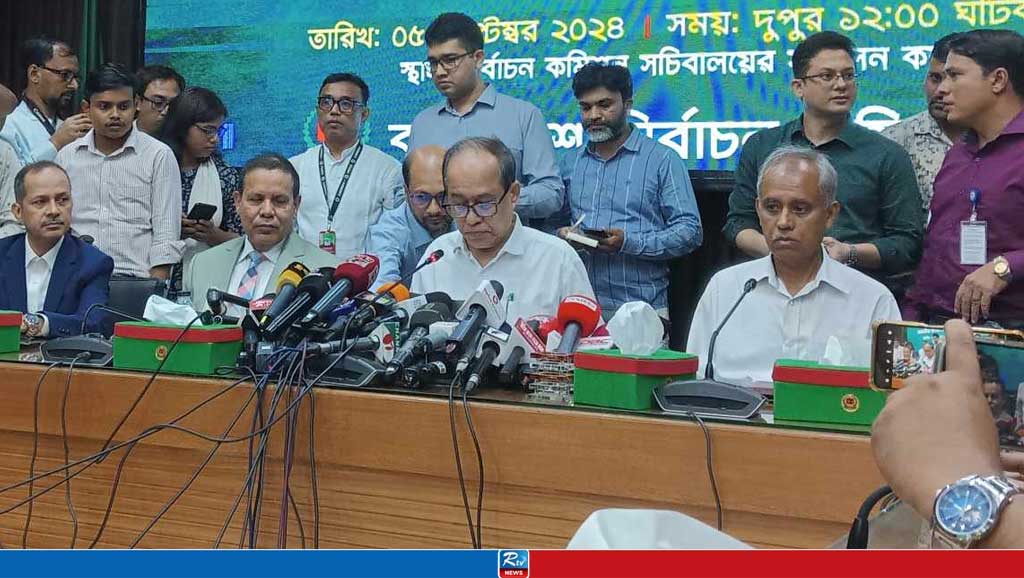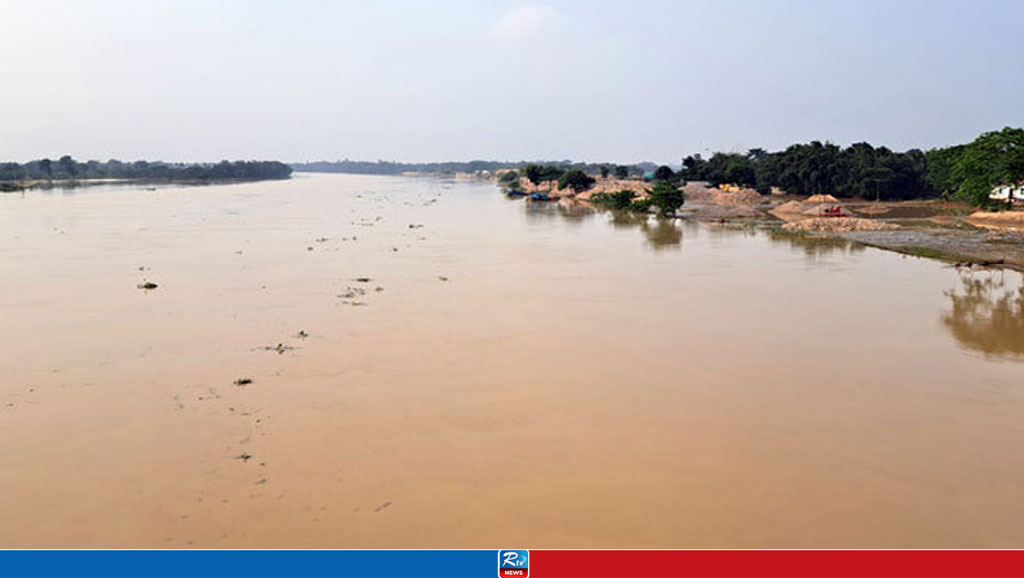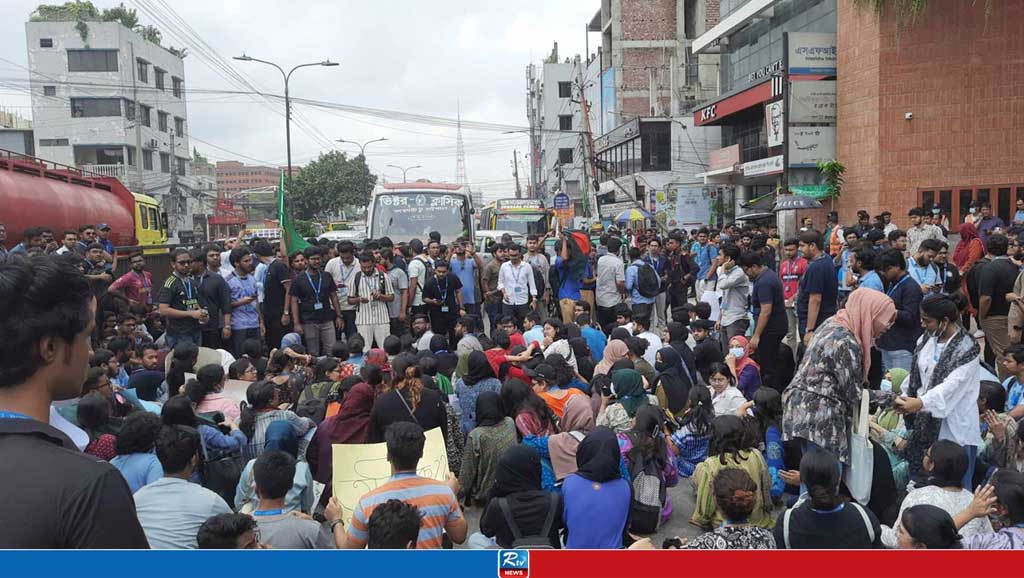Stakeholders Opinion on Post-flood Health Challenges
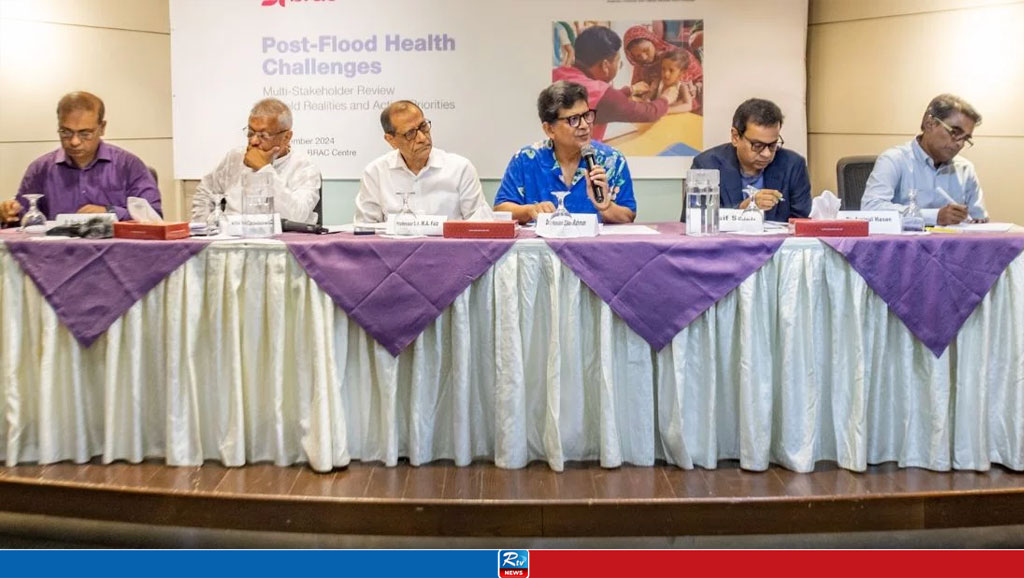
The recent floods have triggered an unprecedented humanitarian crisis in Cumilla, Feni, Noakhali, Sylhet, and northern Chattogram.
Despite commendable relief efforts from the Interim Government and the community both, new challenges have emerged in health sector.
According to experts, the immediate crises of hunger and displacement have begun to stabilize, it is crucial that we now turn our focus to addressing these growing health concerns.
Brac and the UHC Forum, a coalition of multi-skilled professionals dedicated to advancing Universal Health Coverage (UHC) organized "Post-Flood Health Challenges: Multi-Stakeholder Review of Field Realities and Action Priorities" on Wednesday.
The dialogue, chaired by the convenor of UHC Forum and Chairperson of BRAC, Dr. Hossain Zillur Rahman, aimed to discuss the multidimensional health crises precipitated by the floods and to identify key action priorities to address the urgent needs on the ground.
BRAC's Executive Director Asif Saleh was present at the dialogue.
Civil Surgeons from the affected regions reported a sharp increase in waterborne diseases such as diarrhea and skin infections during the discussions. Acute incidents like drowning, electrocution, and snakebites are also on the rise.
The event brought together over 130 participants including Civil Surgeons from the flood-affected districts, the Bangladesh Army GOC of Cumilla, the former mayor of Sylhet City Corporation, student volunteers, representatives of private and NGO initiatives from Fatikchari, Khagrachari, and Maijdee, along with a diverse group of health professionals, NGOs, media, and officials from various development organizations, participated in the meeting both in-person and virtually.
Dr. Hossain Zillur Rahman called for a united approach, emphasizing that a strategic and multi-sectoral response is essential to overcoming the health challenges posed by the floods. "This is a difficult time for our nation due to the political situation and the ongoing flood crisis. We must all come together to effectively address the health challenges that have arisen and ensure no one is left behind," he stated.
Dr Mohammad Robed Amin, the current Director General of Health Services (DGHS) emphasized, "We must also prioritize investigating the key causes of death during this flood, including drowning, electrocution, snake bites, and unidentified bites."
Dr. Md. Akramul Islam, Senior Director of BRAC Health Programme (BHP) mentioned, "Ensuring facility readiness is vital to meet the increased demand for essential medicines and medical equipment, particularly in managing patient overflow. In parallel, we must prioritize the management, coordination, and dissemination of information across all field-level groups. We must not overlook the management of chronic, communicable, and non-communicable diseases as well as prepare to tackle vector-borne disease outbreaks."
Major General Jahangir Harun, the GOC of Cumilla of Bangladesh Army highlighted the specific challenges faced in evacuating vulnerable populations during the floods. "Evacuating pregnant women, children, and the elderly is a significant challenge during floods. A dedicated database for pregnant women and a ready-to-deploy evacuation team are essential", he said.
Dr. Aminul Hasan, former Director of Hospitals representing the UHC forum, proposed 10 action points to address post-flood health challenges and combat this crisis. Despite efforts from local volunteers, NGOs, and the army, significant challenges remain in coordination, the provision of medical supplies, and access to mental health services.
Dr. M. A. Faiz, former Director General of DGHS remarked, "The assumption is that all floodwaters are contaminated, and everyone needs to be made aware of this. Ensuring a safe water supply, proper waste disposal, and decontamination of health facilities is crucial to mitigating further outbreaks."
Ariful Haque Chowdhury, former Mayor of Sylhet City Corporation stated, "Available data often does not reflect the true situation, causing the concerns of local people to go unheard. It is time to break this cycle and ensure that local realities inform our response strategies."
The outcomes of this dialogue will serve as a foundation for coordinated health responses in flood-affected areas, with an emphasis on strengthening infrastructure, mental health services, and public health education to mitigate the risks of future disasters.
The recent flash floods in Bangladesh, which were caused by intense rainfall since 22 August 2024, coupled with water flows from the upstream, have severely impacted Over 5.8 million people spread over 11 districts in the eastern region of the country.
Comments
Train Schedule Disruption Persists
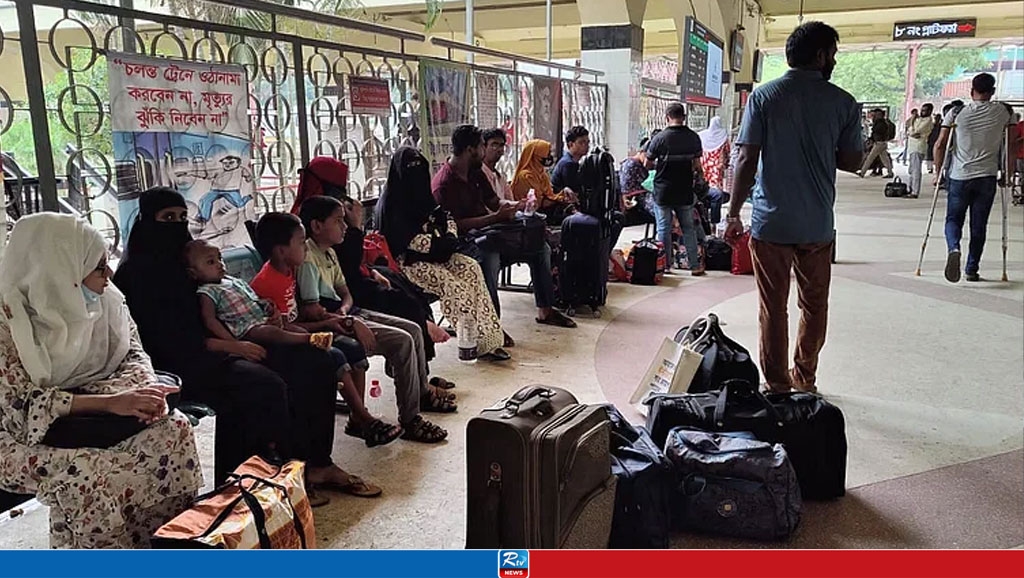
6 Killed as Truck, CNG Collide in Narsingdi
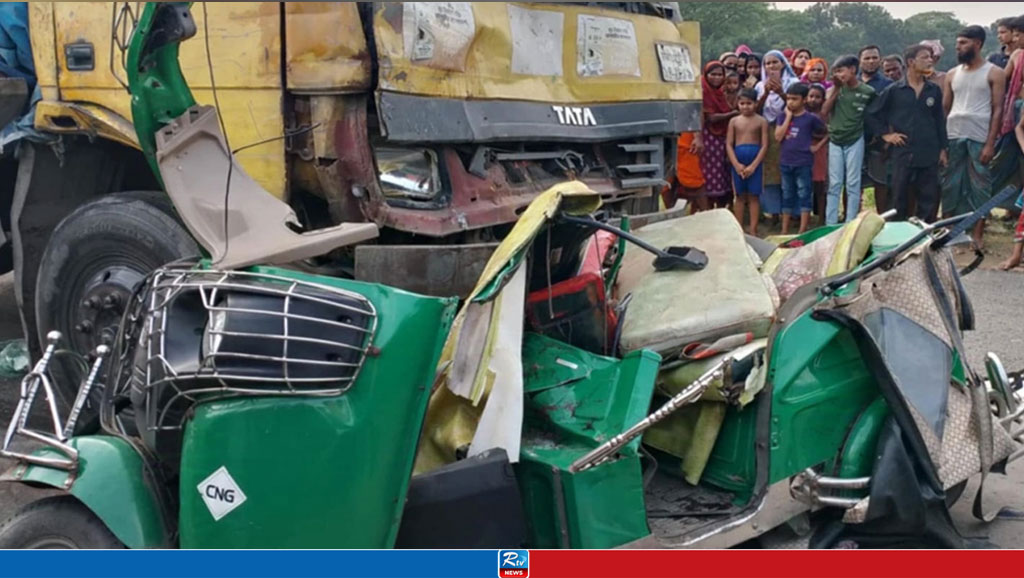
Ex-DMP Commissioner Detained at Airport While Leaving Country
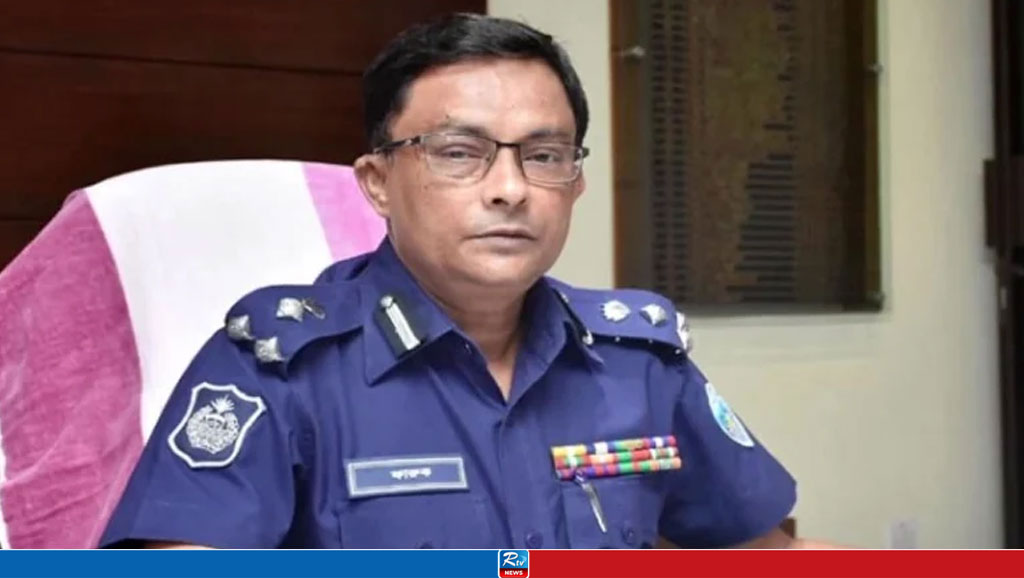
Ex-Public Works Minister Engineer Mosharraf Hossain Arrested
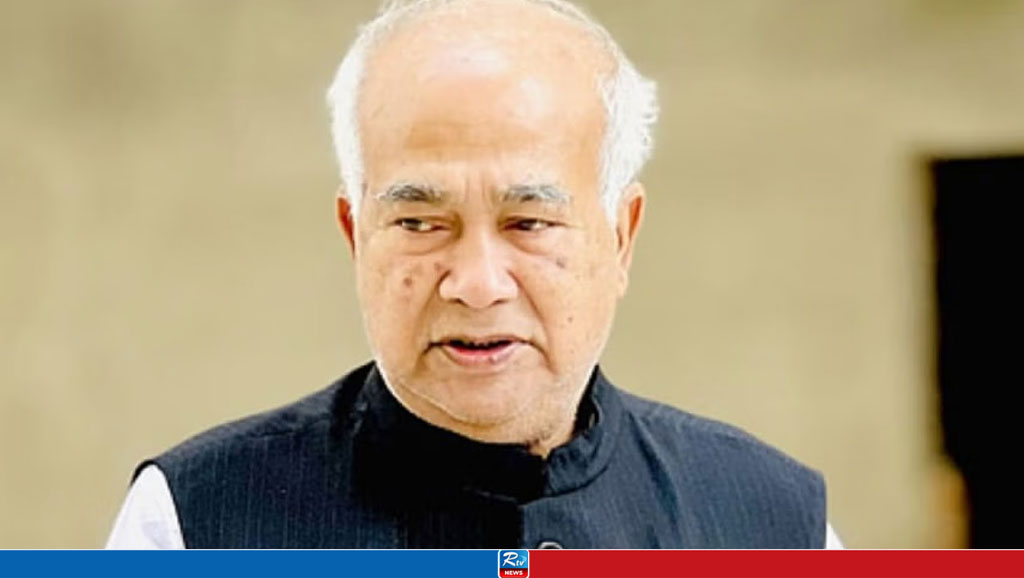
HSC, Equivalent 2024 Re-evaluation Result Date

Education Board announces SSC, HSC Exam 2025 Timeframe

Bangladesh-Pakistan Seminar Explores TV Ads’ Cultural Impact


 Live Tv
Live Tv

